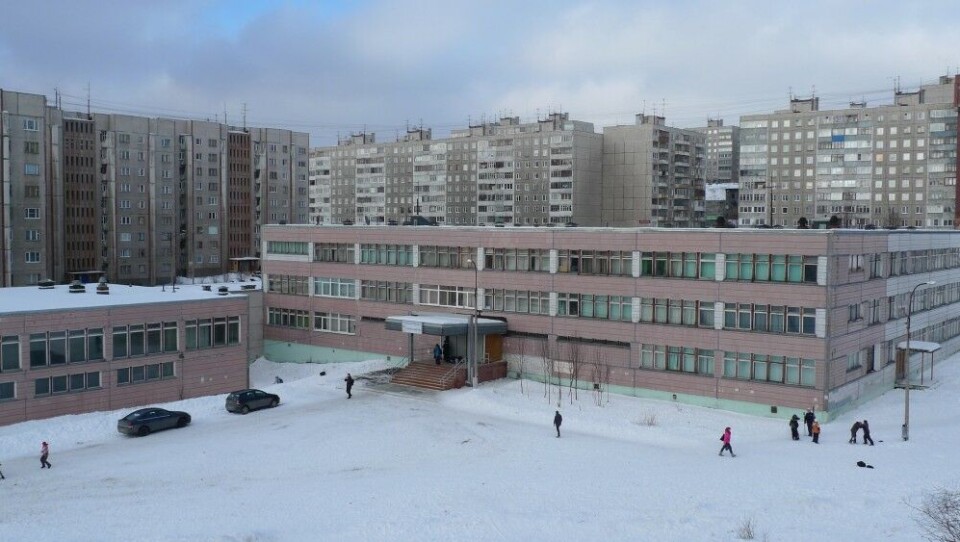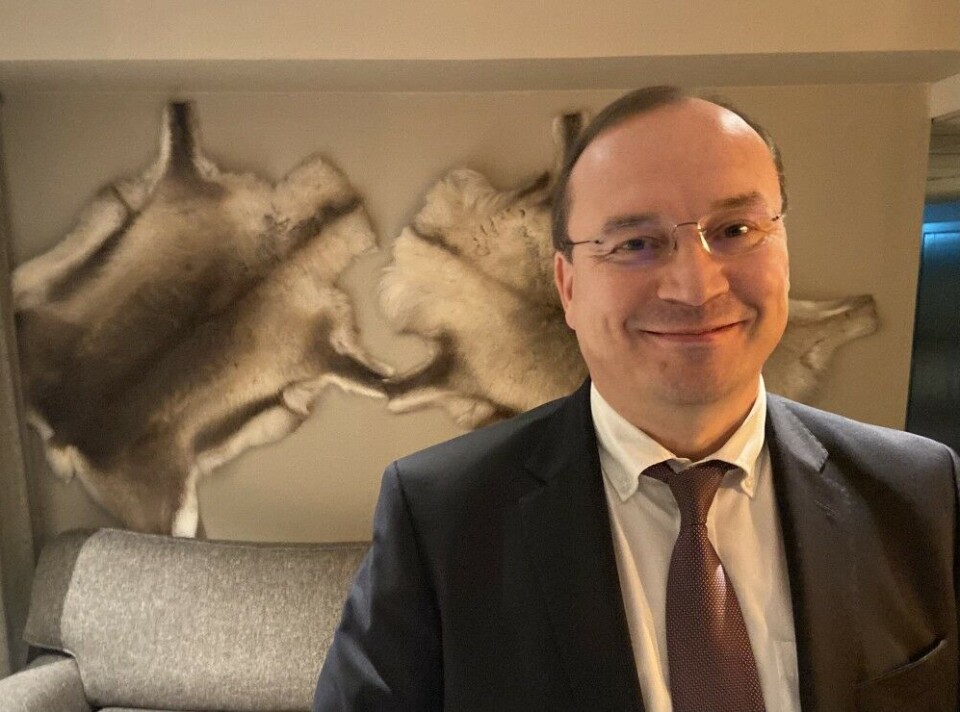
€730,000 Barents fund launched to strengthen cooperation, including democracy, grassroots and media freedom
In times of growing east-west tensions, a new door opens to finance practical projects between Europe’s northernmost countries and Russia.
More than 10 years after the idea first was launched by the International Barents Secretariat, money is now on the table for a dedicated funding mechanism to support work within the frames of the Barents Euro-Arctic Cooperation (BEAC).
“Finland considers this new financial instrument to be a very important part of implementing the practical projects of its presidency and for this reason Finland will invest a total of €550,000 in the fund to ensure its effective launch,” Jari Vilén said to the Barents Observer.
Vilén is Finland’s Ambassador to Barents and Northern Dimension. It is Helsinki that currently chairs the cooperation where also the other member countries Russia, Norway and Sweden have contributed so the total available sum is €730,000.
Project proposals can be submitted from late April, the Council informs.

For 2022, applications will be prepared in active cooperation with the different official working groups under the BEAC, Jari Vilen explains.
Most of the working groups consist of people from the bureaucracy in public sector of the four countries, but Vilén underlines that the new Barents Project Fund is a good tool to support practical grassroots cooperation between the countries, which also enables the participation of civil society actors in cross-border project activities at a low threshold.
“Projects proposals that would strengthen democracy and strengthening media freedom are definitely part of the fund competencies,” Jari Vilén said.
The new Barents fund comes as crackdown on civil society in Russia continues. In the north, more than 10 non-governmental organizations that previously were engaged in people-to-people contacts with Nordic neighbors were forced to shut down over the last 10 years after the justice ministry in Moscow listed them as “foreign agents” and “undesirable organizations”.
Over the last year, also most of the last few independent media outlets and a number of journalists in Russia have been placed on the list and seen police raiding apartments of editorial offices.
Both the European Union and the Organisation for Security and Cooperation in Europe (OSCE) have strongly condemned Russian authorities’ hardened legislation and harassment of civil society and independent journalism.
Support democracy
The rules for the new fund states that it shall enhance cross-border cooperation in line with the objectives set in the Kirkenes Declaration of 1993 signed by the foreign ministers of the member states.
The Kirkenes Declaration highlights “support for the ongoing process of reform in Russia which aims inter alia at strengthening democracy […] important for closer regional cooperation in the Barents Euro-Arctic Region.”
















